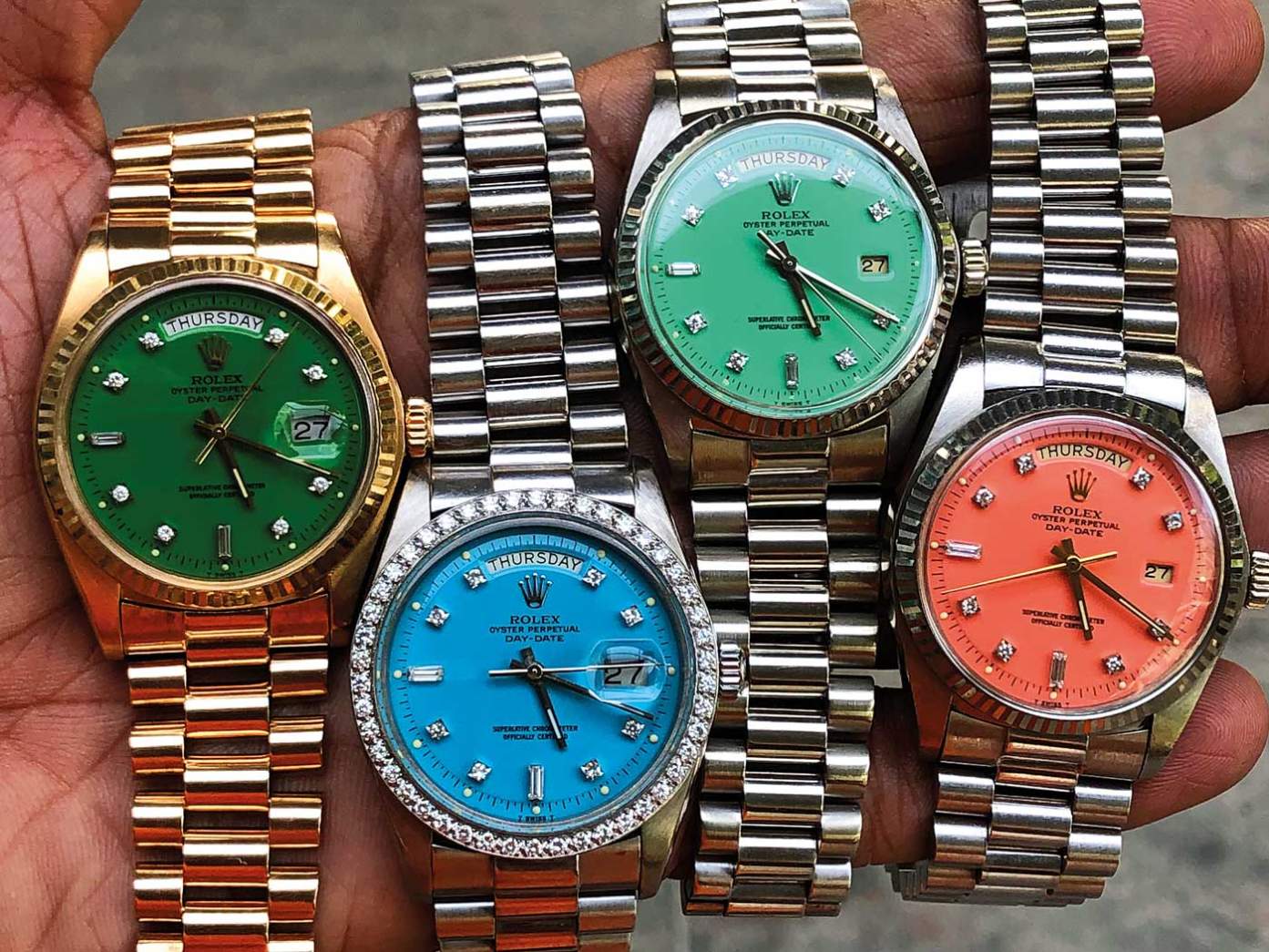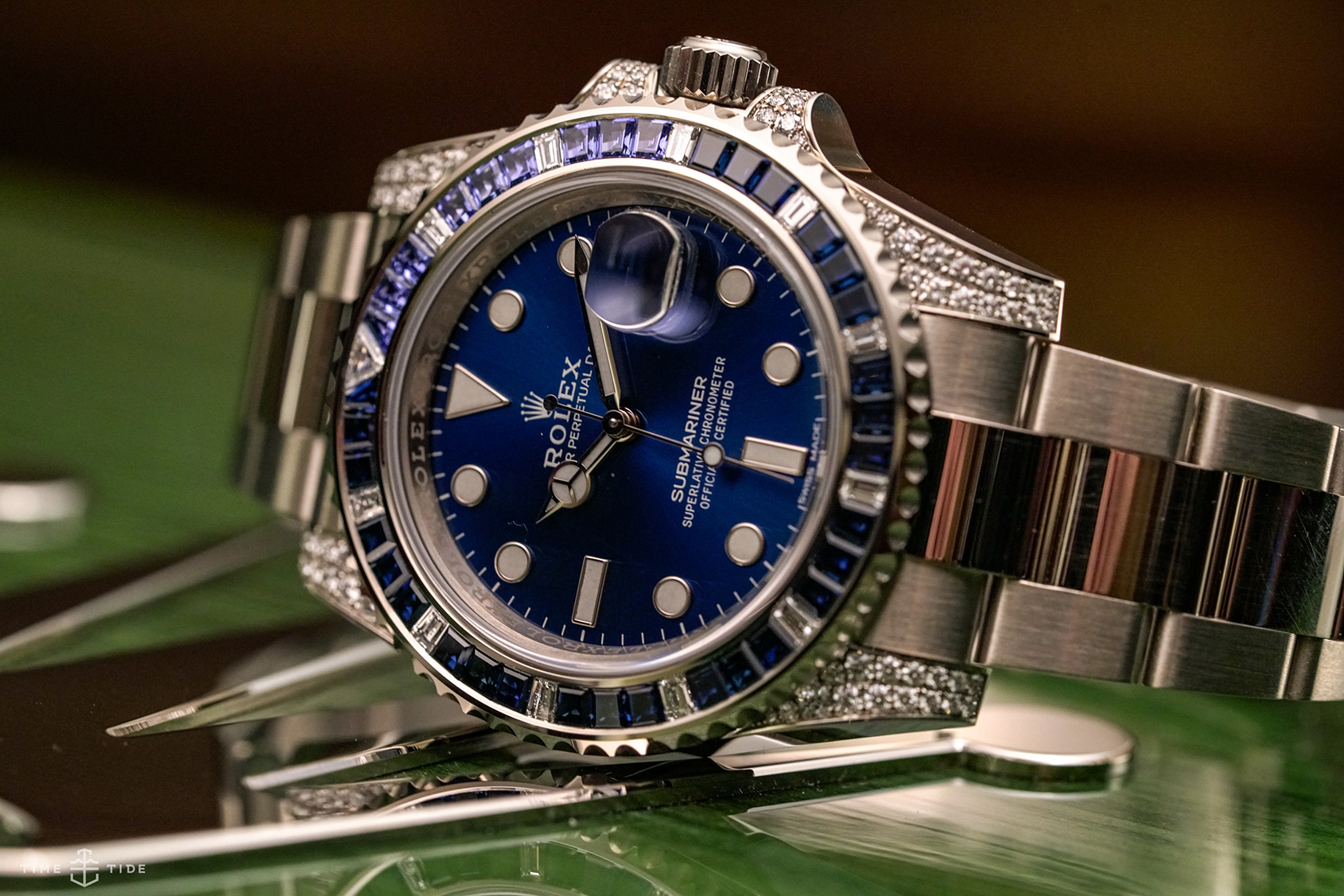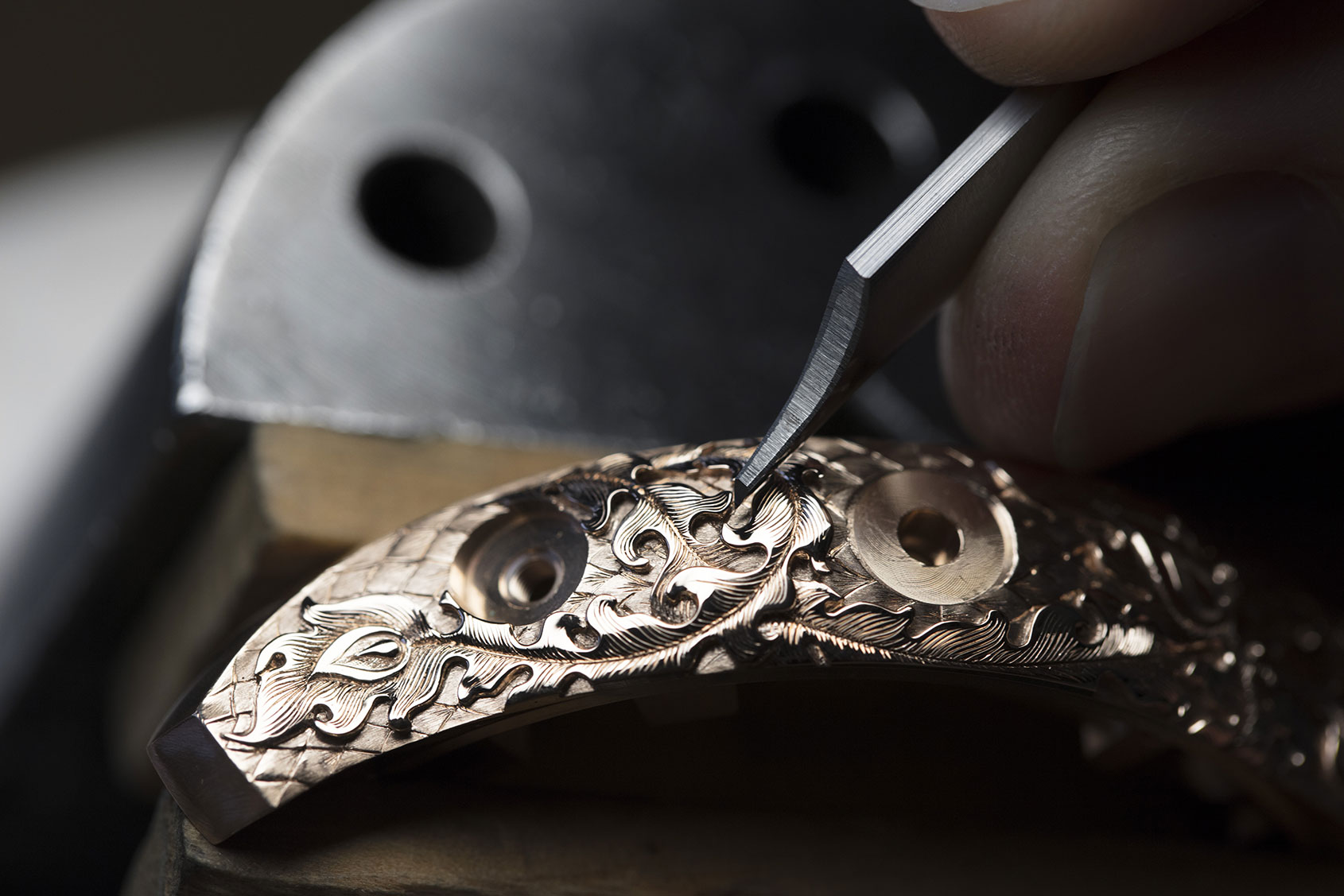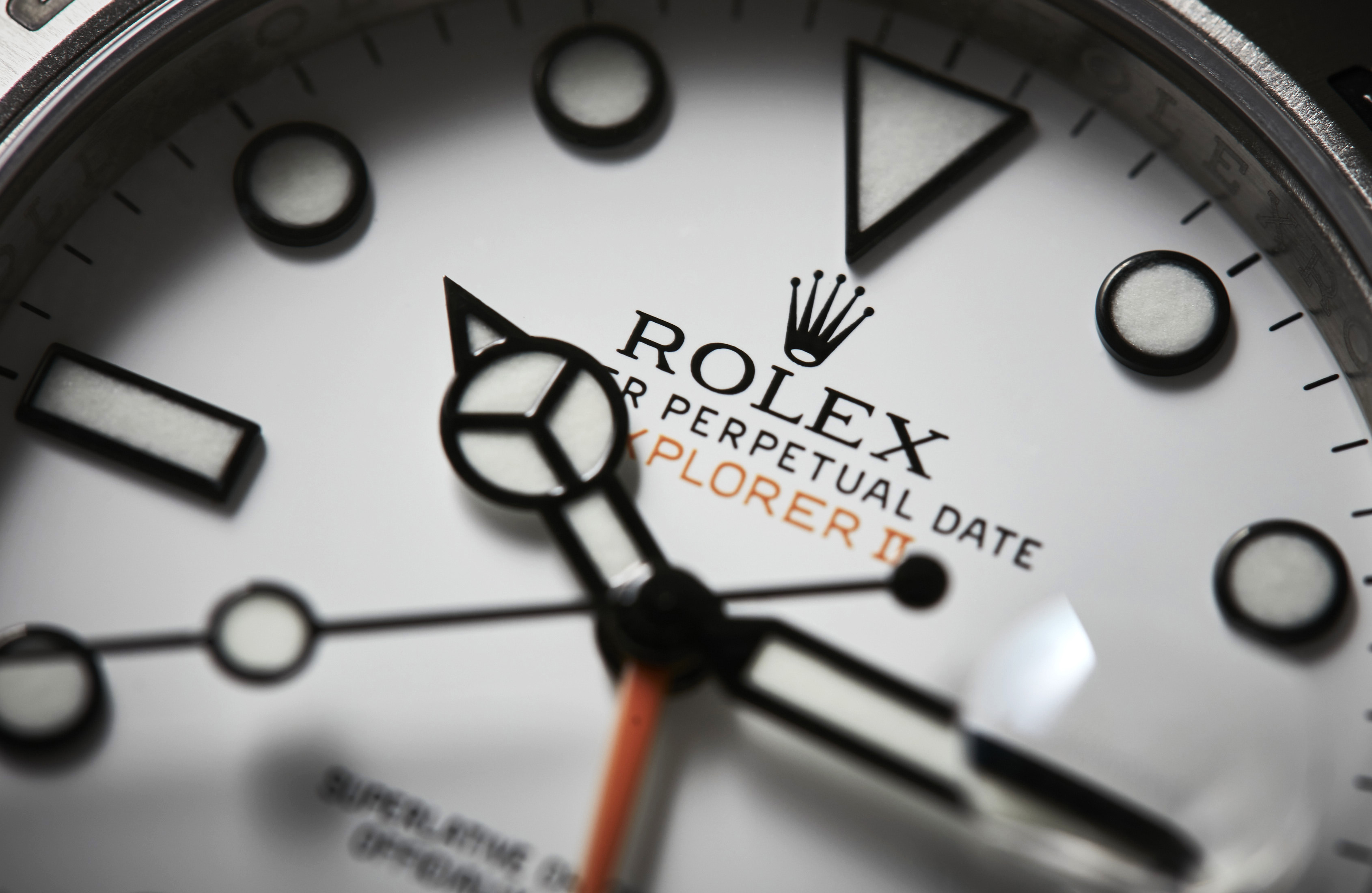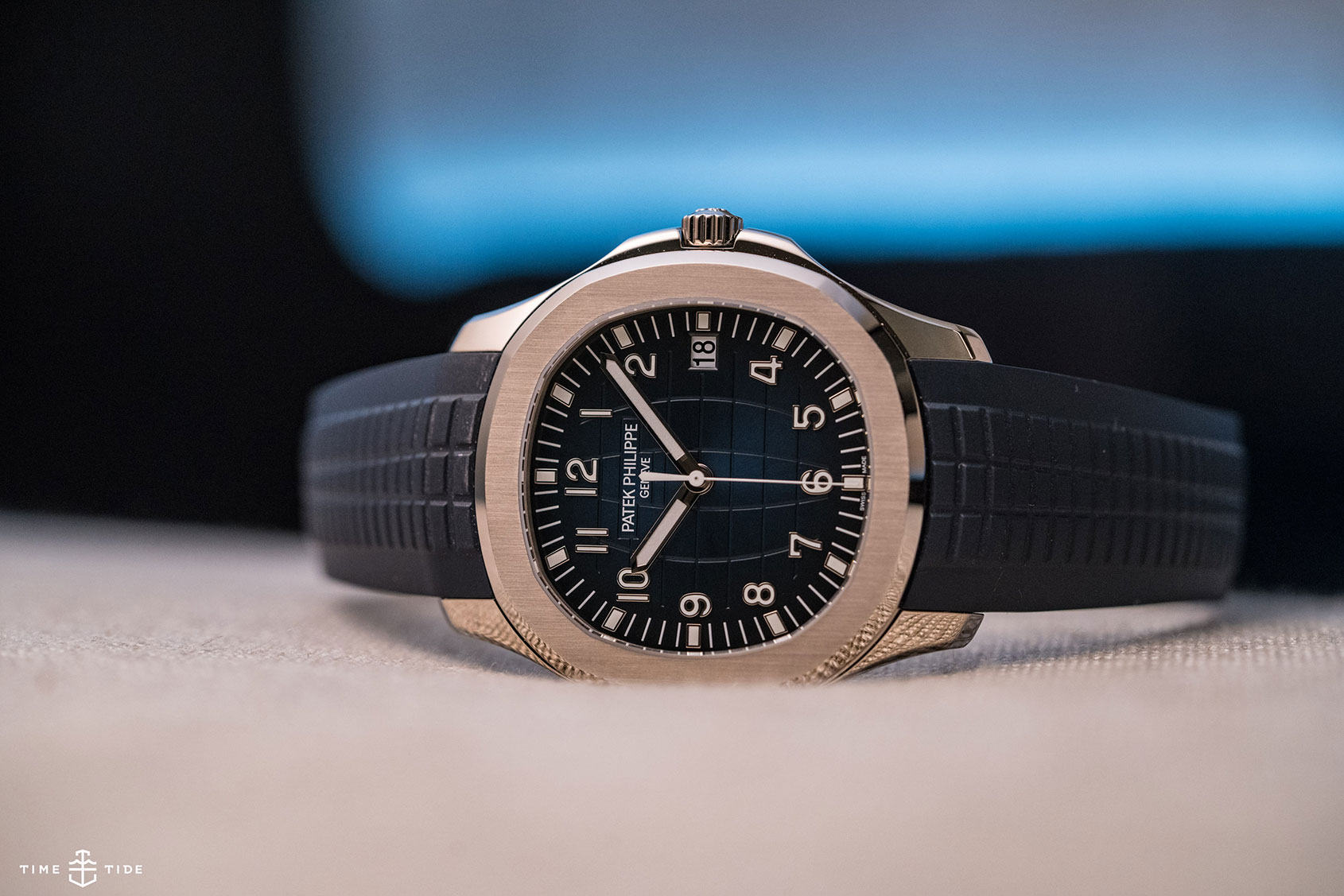RECOMMENDED WATCHING: 3 reasons why watches are so horribly expensive
Nick KenyonWhen one of your non-watch friends asks how much your watch cost, they’ll probably be shocked or straight up appalled that anyone could spend thousands, never mind tens of thousands of dollars on something that tells the time “just like your phone”. So how do you explain the reason why watches are so horribly expensive?
More to the point, how do you justify a hobby that has the potential to be ruinously expensive? The team over at the Wall Street Journal just took a look at three big reasons why watches are so costly and the first two might be a little more comfortable to explain than the third.
The materials used in watchmaking are expensive
It’s true, for a very long time watches and even pocket watches have been produced using precious metals. The use of precious materials definitely isn’t restricted to the cases of watches with gem-setting on cases and dials, as well as a select group of watchmakers such as Journe even making movements out of gold.
Watchmakers are very highly trained, which makes the craftsmanship expensive
I remember speaking with Stephen Forsey about why his Greubel Forsey Hand Made 1 had such a price tag of around $1,000,000 AUD. He explained, “Swiss labour laws mean that most watchmakers gets paid around CHF100 per hour. The Hand Made 1 took more than six thousand hours to make, so it isn’t expensive, but it costs a lot.”
This was backed up by the WSJ in an interview they did with Karine Szegedi, a Managing Partner at Deloitte Switzerland, who said: “Swiss labour is the most expensive in the world, and the more time they spend on the watch, the more cost that goes into it.”
“The Theory of the Leisure Class: An Economic Study of Institutions” and Veblen goods
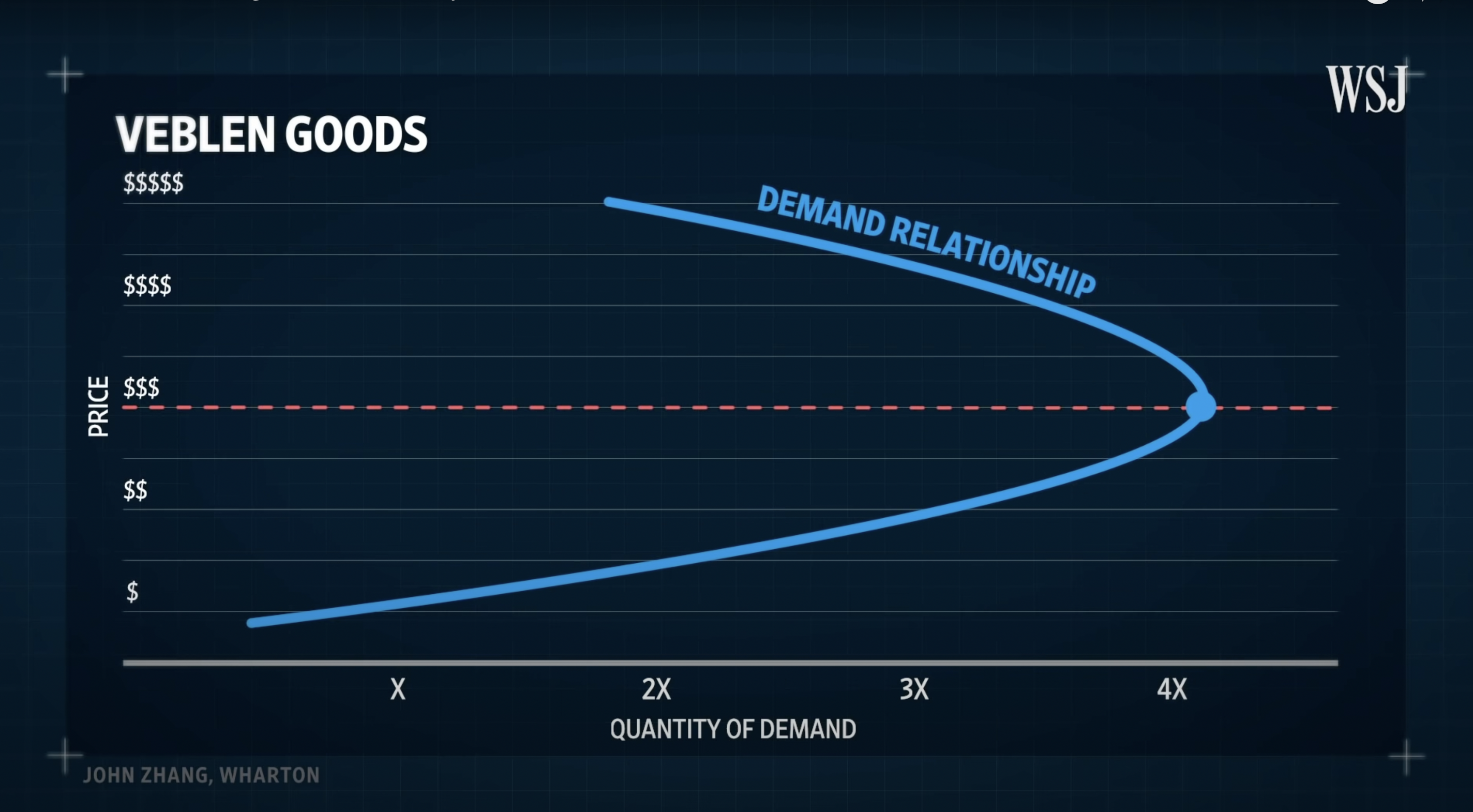
Here’s where things get a little more complex. Watches, like other luxury goods such as cars and handbags, are what’s known as Veblen goods, named after American economist Thorstien Veblen in his work The Theory of the Leisure Class: An Economic Study of Institutions. Veblen goods don’t follow the normal economic model of supply and demand, and instead turn it upside down with more expensive goods being in greater demand.
Why? Because they are social signifiers of wealth and status. As Pinar Yildirim, the Assistant Professor of Marketing at Wharton School University of Pennsylvania put it, the motivation here is to distinguish yourself from others in your community. Yildirim explains, “What’s the most effective way to do that? It’s a very high price (product), because it’s very difficult for others to be able to pay the same price. It’s very costly for others to imitate you. that’s why people are willing to pay that extra price, because it helps them to really separate themselves from others.”
So there you have it. Are we convinced that expensive watches are worth it? Maybe our addiction is just our way of standing out from the crowd. Sure, there are an infinite number of reasons you might be a watch collector from an interest in history, mechanics and even sociology. But underlying all of those factors there is still a barrier to entry that is decided by the depth of your pockets.
You can watch the full video below:




